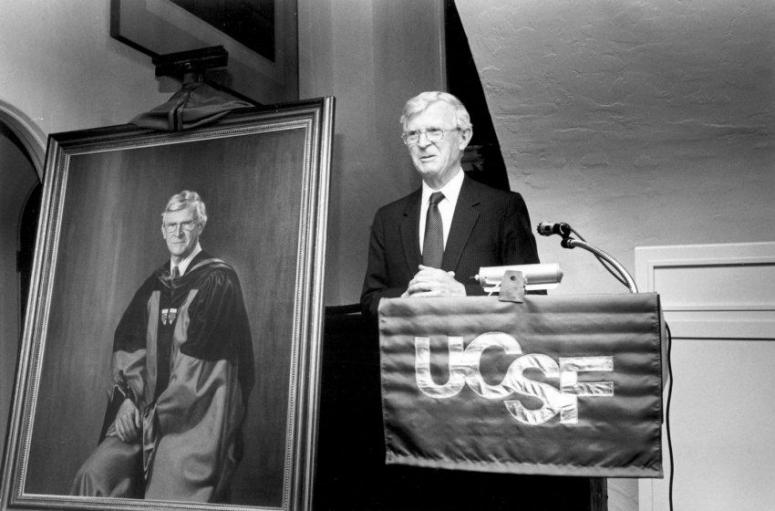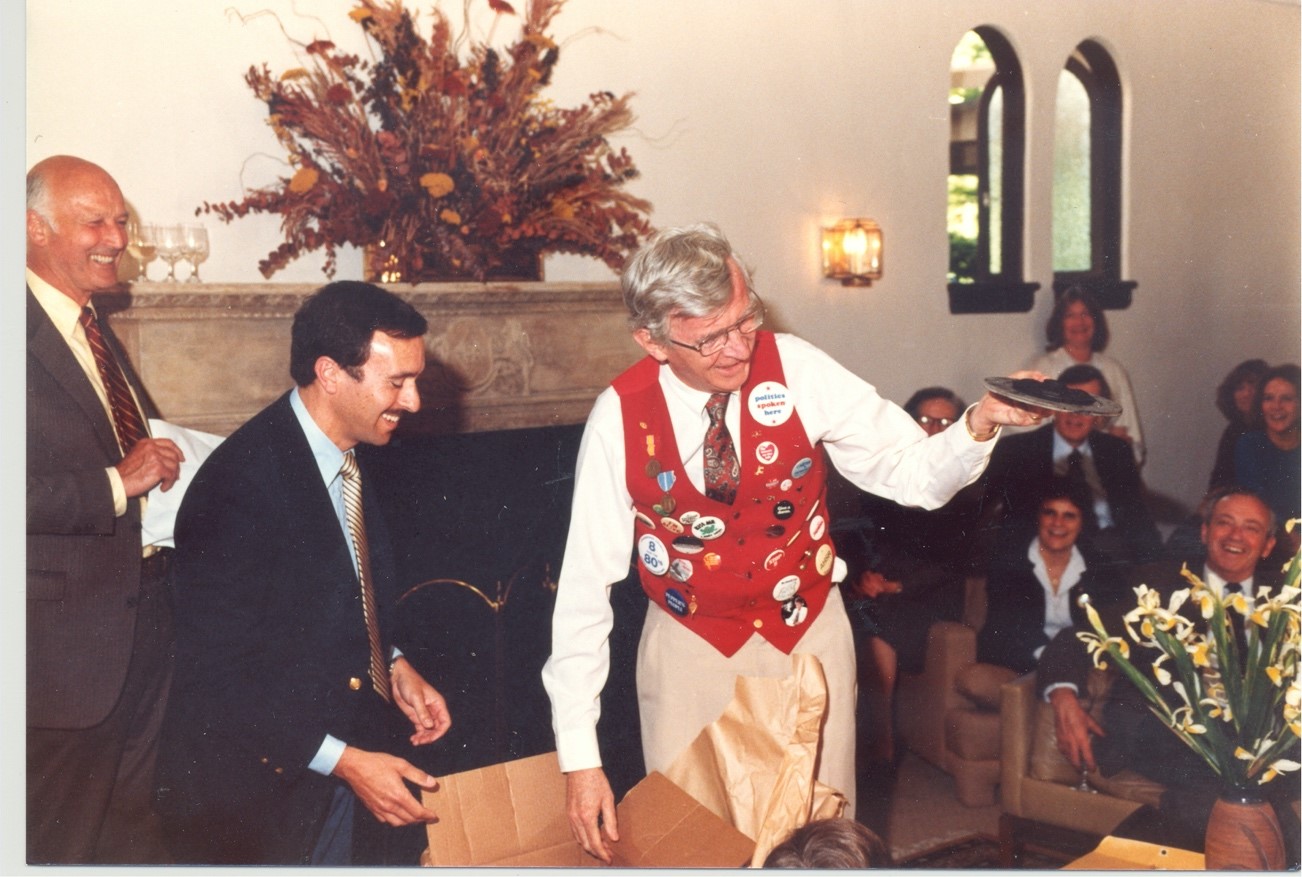
The world heard late last month of the passing of Dr. Philip R. Lee, one of the founding leaders of the field of health policy research. Many of us knew of – and were awed by – his contributions to improving health and equity in this country. Some of us, and I count myself among them, were privileged to know him as a teacher and mentor.
I was a post-doctoral fellow at the Phil R. Lee Institute for Health Policy Studies (IHPS) at the University of California, San Francisco from 1991-1993 and Phil was one of my mentoring “team” (one never needs just one mentor – I had Phil for career mentoring, Hal Luft for methods mentoring, and Carol Korenbrot for mentoring in my research topics). As I reflect on what I learned from Phil and how that has shaped my work over the last 30 years, three aspects rise to the top.
- Mentors expose you to diverse perspectives to improve the quality of your research and ultimately more effective policy.
Phil founded the oldest academic health policy research group in this country in 1972. When I arrived to spend two of my best years at IHPS, the diverse faculty, staff, and postdocs quickly made clear how much I was going to have to challenge my assumptions about so many aspects of health policy, evidence, research methods, and theories. The complexities and nuances of American health policy and care delivery require us to listen to and learn from individuals with different disciplines, perspectives, and lived experiences. A good mentor makes sure that their mentees experience this diversity.
- Mentors help build a career vision and actively identify and enable opportunities.
During our regular check-ins, Phil was always probing for my goals and pushing me to stretch them even further. Early on in our discussions, he asked me to write a commentary with him on primary care and its future (published in American Family Physician). At the time, President Bill Clinton was nine months into his presidency and the work of health reform was just beginning so Phil then connected me with Barbara Starfield, whose decades of leadership and advocacy for primary care’s role in transforming healthcare are well known. In our conversation, she casually said “we should write an article together on how health reform can promote primary care.” This led to one of my only two pieces in JAMA!
- Mentors use their power to help you forge a successful career.
A career is a lot more than hard work. It entails some degree of serendipity (right place; right time) but more than anything, it is about opportunity. Mentors use their power and their network to expand your opportunities. I used to call Phil a mental rolodex (this was pre-smart phones). For any topic we would be discussing, he would invariably say “Oh, you should talk to so and so” and my eyes would light up as that person would likely be the country’s authority on the topic. He gave me access to his network of powerful individuals and organizations. Too many early career individuals, particularly women and those from underrepresented groups, do not otherwise have access to these networks.
Many have spoken of how much Phil gave this country. I am forever grateful for what he gave me: access to a career that I love that gives me a sense of purpose and agency. Thank you always, Phil. I hope to continue to pay it forward.
